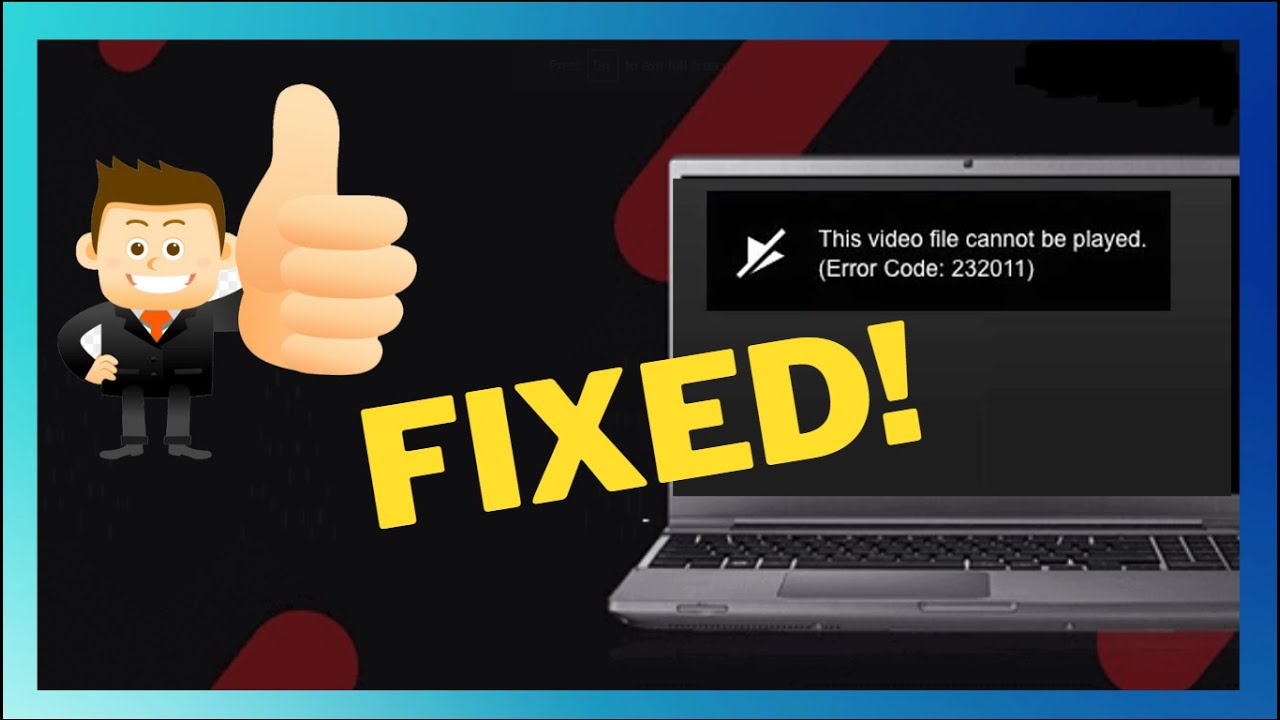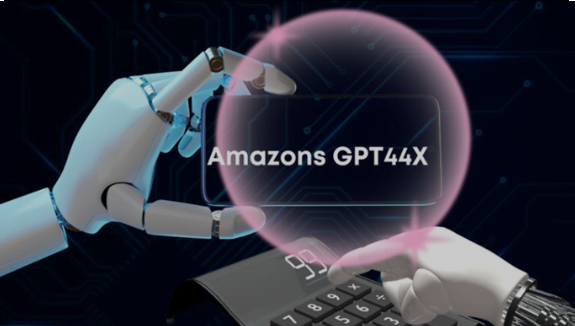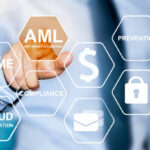If you’re anything like me, you’ve probably been extremely busy the last several weeks. Between work and all the usual activities that come with being a student, it’s hard to find time to do anything fun or relax. But don’t worry, because we’ve got your back. So whether you’re looking for ways to protect yourself from identity theft or just want to make sure that your online activity is kept private, read on!
How to choose the right security chain
Security is not something that you can afford to neglect. It is a top priority for anyone in the modern age, and for good reason. Crime rates are on the rise, and there are more and more ways criminals can steal your identity or disrupt your business.
That’s why it’s so important to use the right security chain. Security chains can help keep your belongings safe from thieves, as well as protect you from potential dangers like fire. Here are some tips on choosing the right one for you:
1. Consider your needs. Do you need a high-security chain? Or do you just need something to keep your belongings safe while you’re out?
2. Check the quality of the chain. Make sure to choose a chain with high quality security features, like a steel core and multiple locking mechanisms.
3. Consider price and availability. Not all chains are created equal, and some may be more expensive than others. Also, make sure to find chains that are available in stores near you.
4. Be careful when choosing a store to buy your chain from. Some unscrupulous sellers may try to sell you something else instead of a genuine security chain. Always research the store before making a purchase to avoid trouble
Types of security chains
Security chains are important for your security. They can be divided into three types: physical security, digital security, and organizational security.
Physical security chains include locking doors and windows, installing alarms, and having a safety plan. Physical security chains can help deter criminals from entering your home or office.
Digital security chains include using antivirus software, keeping up with software updates, and using a firewall. Digital security chains can help protect your computer from viruses and other cyberattacks.
Organizational security chains include having clear employee policies and procedures, monitoring employee behavior, and conducting regular audits. Organizational security chains can help prevent stolen or unauthorized information from being accessed by employees.
How to use your security chain
In order to stay safe online, it is important to use your security chain. This is a series of measures you should take in order to protect yourself from online fraud, phishing, and other forms of cybercrime.
The first step in using your security chain is creating strong passwords and not sharing them with anyone. You should also use a secure browser and sign out of any accounts you no longer need every time you finish browsing.
You can also protect yourself by installing a antivirus program and updating it regularly. Make sure you only download programs from trusted sources and be suspicious of emails that ask you to click on links or open attachments.
Finally, always remember to keep your computer locked when not in use and never leave valuable items like purses or wallets lying around.
Tips for keeping your security chain working properly
In today’s digital world, protecting your security is more important than ever. Here are five tips to keep your security chain working properly:
1. Keep your password and user name secure: A strong password and unique user name are the first line of defense against hackers. Make sure that your passwords are at least eight characters long, include at least one number and symbol, and are not easily guessed.
2. Limit access to your computer: Restrict access to only those users who absolutely need it.Limit users to specific folders and files, and require authentication before allowing them to access sensitive information.
3. Use a VPN:When traveling or working out of the country, use a VPN service to protect your online identity and privacy. VPNs encrypt your traffic so that only the intended recipient can decrypt it.
4. Install antivirus software: Antivirus software keeps your computer clean of viruses and other malware, which can damage your data and system performance.
5. Regularly back up your data: Make sure you regularly back up all of your important data in case of a catastrophe – be it a natural disaster or a cyberattack.
Conclusion
Security is an important part of any business, and it’s especially important for online businesses. The internet is a dangerous place, and cybercriminals are constantly looking for ways to attack companies and steal their data. To stay safe, you need to make sure your security measures are up to par. Here are some tips to help you protect your security chain:









Leave a Reply